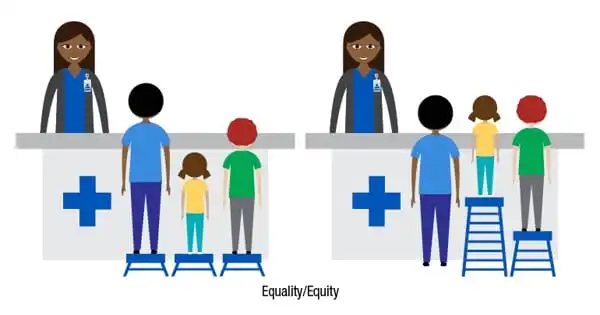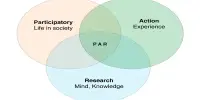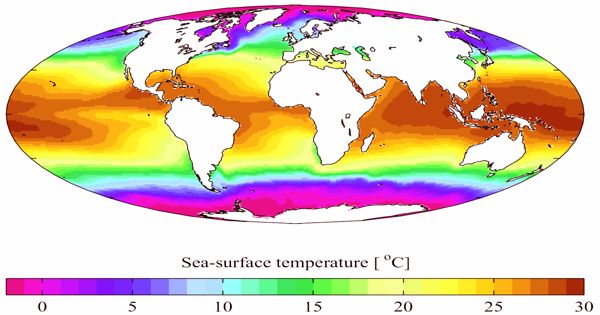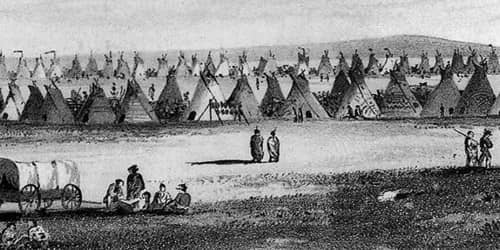Health equity entails ensuring that everyone has an equal and equitable opportunity to be healthy. It is caused by having access to the social determinants of health, notably wealth, power, and prestige. Individuals who have been regularly denied access to these three variables are disproportionately disadvantaged by health disparities and have poorer health outcomes than those who have access to certain resources.
Health, as opposed to health care, refers to one’s physical and mental health status and well-being. Opportunities to be healthy are determined by people’s living and working environments, as well as other resources that allow them to be as healthy as possible. Poverty, prejudice, and its repercussions, such as powerlessness and a lack of access to good jobs with fair pay, quality education and housing, secure settings, and health care, must all be removed as barriers to health. It is not equity to merely distribute equal resources to all individuals; such would be equality. To achieve health fairness, resources must be allocated on the basis of individual needs.
“Health is a condition of total physical, mental, and social well-being, not only the absence of disease or disability,” according to the World Health Organization. The amount of development in a society can be determined by the quality of health and how health is divided among economic and social status. Health is a fundamental human right and need, and all human rights are intertwined. As a result, health must be debated alongside all other fundamental human rights.
A fair and just opportunity to be healthy implies that everyone has the chance to be as healthy as feasible. Being as healthy as possible refers to the best level of health that an individual can reasonably expect if society makes enough efforts to create chances. To achieve health equity, activities must be taken to expand opportunities to be healthy. This necessitates expanding access to the conditions and resources that have a strong influence on health, such as good jobs with fair pay, high-quality education, safe housing, good physical and social environments, and high-quality health care, for those who lack access and suffer from poor health.
Health equity, often known as a health disparity, refers to differences in the quality of health and healthcare among various populations. Health equity differs from health equality in that it refers to the lack of differences in characteristics of health that are controllable or remediable. It is not possible to work for perfect health equality because some health issues are beyond human control. Inequity entails some form of social unfairness. Thus, if one population dies younger than another due to genetic variations, a non-remediable/controllable condition, we tend to call it a health disparity.
However, if a community has a lower life expectancy due to a lack of access to pharmaceuticals, the condition is classed as a health inequity. Differences in the “presence of disease, health outcomes, or access to health care” across populations of various race, ethnicity, gender, sexual orientation, disability, or socioeconomic position may be among these disparities.
Although it is critical to distinguish between health equity and equality, health equality is required to begin reaching health equity. Many of the Millennium Development Goals have stated that equitable access to healthcare is critical to achieving them.
















